Capeta 500mg Tablet 10’S
$102.48 Original price was: $102.48.$76.47Current price is: $76.47.
- Capeta 500mg contains Capecitabine, an oral chemotherapy medication used to treat certain types of cancer, including breast cancer, colorectal cancer, and stomach cancer.
- It works by interfering with the growth of cancer cells, slowing or stopping their spread.
- Capeta is typically prescribed as part of a combination therapy for more effective treatment.

NHS AFFILIATED DOCTORS

FDA APPROVED PHARMACY

AFFORDABLE PRICE GURANTEE

FAST & TRUSTED DELIVERY
What is Capeta 500mg Tablet?
Capeta 500mg Tablet contains Capecitabine as its active ingredient. Capecitabine is an oral chemotherapy drug used primarily in the treatment of breast cancer and colon cancer. This treatment operates by disrupting the proliferation and dispersal of malignant cells throughout the body. Capecitabine is metabolized into its active form, 5-fluorouracil (5-FU), which is a well-known chemotherapy drug that disrupts the DNA replication of cancer cells, leading to their destruction.
What are the Benefits of Taking Capeta 500mg Tablet?
- Effective for Cancer Treatment:
- Capeta is used in combination with other chemotherapy drugs or as a monotherapy to treat breast cancer (early-stage, metastatic, or after surgery) and colon cancer (adjuvant treatment).
- Targeted Action on Cancer Cells:
- Capecitabine is a prodrug that is converted into 5-FU, which specifically targets rapidly dividing cancer cells, making it effective in reducing tumor growth.
- Oral Administration:
- Unlike many chemotherapy treatments that require intravenous administration, Capeta is an oral tablet, offering convenience and ease of use for patients who are undergoing cancer treatment.
- Can Be Used in Combination Therapy:
- Capeta can be combined with other chemotherapy drugs like oxaliplatin or trastuzumab to increase effectiveness, especially in metastatic breast cancer and colorectal cancer.
How to Take Capeta 500mg Tablet?
- Dosage:
- The usual dosage is 500mg twice daily, but the exact dose and duration of treatment will be determined by your doctor based on your specific cancer diagnosis and treatment plan.
- Administration:
- Take Capeta orally with a glass of water, typically after meals to reduce gastrointestinal irritation.
- Timing:
- It is important to take the tablet at approximately the same times each day to maintain consistent levels of the drug in your system.
- Treatment Cycles:
- Capeta is typically taken for a specific number of days (usually for 14 days) followed by a break (typically 7 days), making up a treatment cycle. Follow your doctor’s instructions on how long to take the drug.
Strengths and Substitutes of Capeta 500mg Tablet
Strengths:
- Capeta 500mg is available in oral tablet form, which is convenient for at-home treatment.
- Capecitabine is metabolized to 5-FU, allowing it to provide effective chemotherapy without the need for IV administration.
- Versatility: Capeta can be used as monotherapy or in combination with other chemotherapy agents depending on the patient’s condition and type of cancer.
Substitutes (alternative drugs with similar mechanisms):
- Xeloda 500mg (Brand name for Capecitabine, the active ingredient in Capeta)
- Tefitab 500mg (Capecitabine)
- Cape 500mg (Capecitabine)
- Capekit 500mg (Capecitabine)
These substitutes are also formulations of Capecitabine, which have the same mechanism of action and therapeutic benefits.
What are the Side Effects of Capeta 500mg Tablet?
Capeta, like other chemotherapy drugs, can cause side effects. While not all individuals will encounter these side effects, it’s crucial to be informed about the potential risks.
- Common Side Effects:
- Nausea or vomiting
- Diarrhea
- Fatigue or tiredness
- Loss of appetite
- Hand-foot syndrome (redness, swelling, pain, or peeling of skin on the palms of the hands or soles of the feet)
- Mouth sores or stomatitis
- Less Common Side Effects:
- Hair thinning or loss
- Elevated liver enzymes (indicating potential liver problems)
- Skin rashes
- Serious Side Effects (immediate medical attention is required):
- Severe diarrhea or dehydration
- Signs of infection (fever, chills, sore throat) due to low white blood cell count
- Unusual bleeding or bruising
- Jaundice (yellowing of the skin or eyes)
- Severe fatigue, dizziness, or confusion
- Heart problems (chest pain, shortness of breath)
Safety Advice for Capeta 500mg Tablet
- Pregnancy and Breastfeeding:
- Capeta should not be used during pregnancy because it may harm the unborn baby. Women who are pregnant or planning to become pregnant should avoid taking Capeta. It is also not recommended for breastfeeding mothers as it may pass into breast milk and affect the infant.
- Regular Monitoring:
- While on Capeta, regular blood tests are needed to monitor for low blood cell counts, liver function, and other potential side effects.
- Hydration:
- Capeta can cause diarrhea and dehydration. It is important to drink plenty of fluids while on this medication and report severe diarrhea to your doctor.
- Avoid Live Vaccines:
- Do not receive any live vaccines while taking Capeta, as your immune system may be weakened, increasing the risk of infection.
- Interactions with Other Drugs:
- Inform your doctor about all other medications you are taking, including over-the-counter drugs and herbal supplements, as Capeta can interact with some drugs, such as blood thinners, phenytoin, and anti-seizure medications.
- Avoid Smoking:
- Smoking may interfere with the effectiveness of chemotherapy drugs. It is advisable to quit smoking while undergoing treatment with Capeta.
FAQs
1. What is Capeta used for?
Capeta is mainly utilized as a therapeutic agent for breast and colorectal cancers. It may be used alone or in combination with other chemotherapy drugs depending on the type and stage of cancer.
2. How long will I need to take Capeta?
The duration of Capeta treatment depends on your cancer type, treatment regimen, and response to the medication. It is typically given in cycles, with periods of taking the medication followed by a rest period.
3. What should I do if I miss a dose of Capeta?
If you forget to take a dose, take it as soon as you recall, unless your next scheduled dose is imminent. To avoid overdose, do not double up on doses to compensate for the missed one. Contact your healthcare provider for advice.
4. Can Capeta cause hair loss?
Hair thinning or loss is a common side effect of chemotherapy drugs, including Capeta. Not everyone will experience this, and the hair typically grows back after treatment ends.
5. How can I manage side effects like nausea or diarrhea?
Discuss any side effects your experience with your healthcare provider. They may recommend medications to manage nausea or diarrhea and advise you on ways to stay hydrated during treatment.
6. Can I take Capeta with other medications?
You should inform your doctor about all the medications you are taking, as Capeta can interact with other drugs. Your doctor will adjust your treatment plan if needed.
10 reviews for Capeta 500mg Tablet 10’S
Add a review Cancel reply
Related products
Uncategorized
Uncategorized
Uncategorized
Uncategorized
Uncategorized
Uncategorized
Uncategorized
Uncategorized



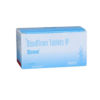
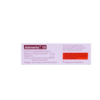
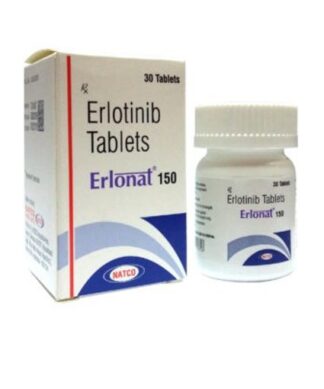
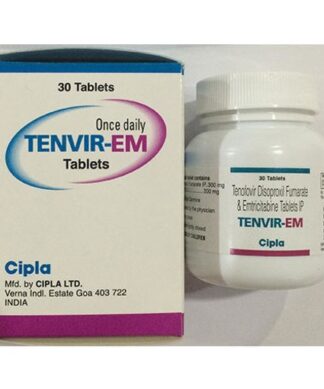
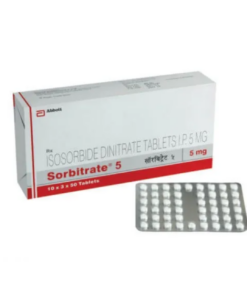

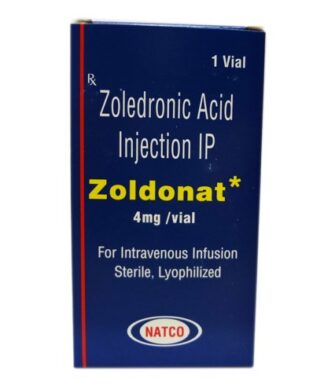
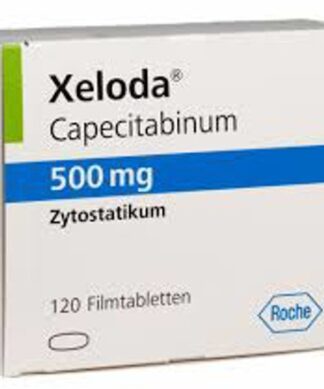
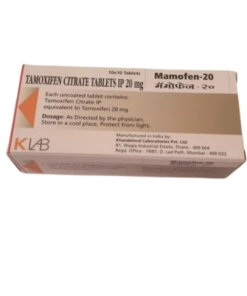

Tyler –
The product is firmly packed.
Henry –
Very fast delivery.
Tyler –
The product is firmly packed.
Edward –
The product is firmly packed.
Nicholas –
Very fast delivery.
Paul –
The product is firmly packed.
Camden –
The product is firmly packed.
Kaden Arabic –
Good quality.
Michael –
Good service.
Michael –
Good service.